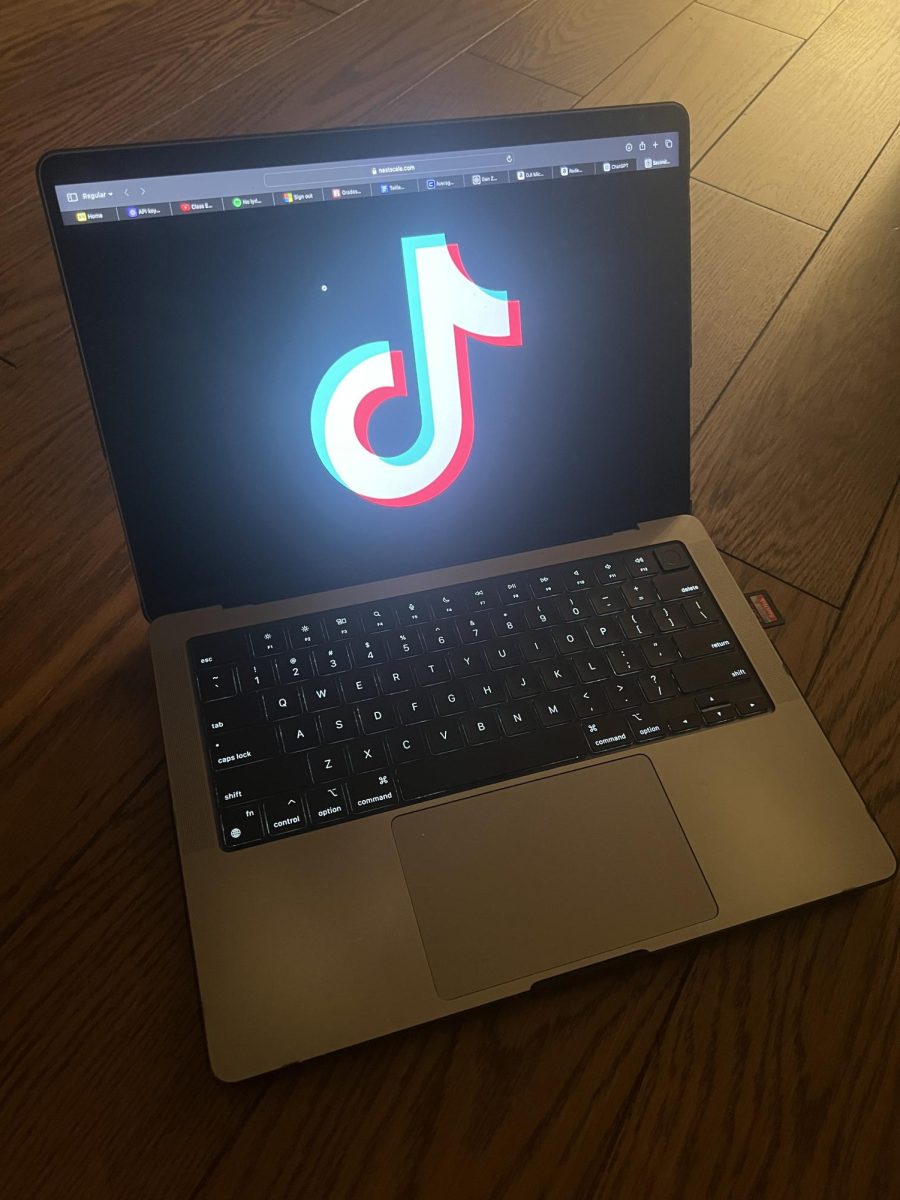On September 3rd, 2023, youtube channel Jubilee released the 112th episode of their show “Middle Ground” entitled “Black Conservatives vs White Liberals.” One year later, the video has amassed over 5.4 million views, marking the start of a series of politically focused “Middle Ground” episodes lasting until the November 2024 election.
While some viewers praise Jubilee’s videos for encouraging common ground and collaboration, other viewers are raising red flags due to the series’ divisive nature. Although Jubilee’s descriptions on each of its episodes state, “We believe in the power of empathy for human good. Ultimately, we aim to inspire people to EMBRACE EMPATHY,” some viewers argue Jubilee’s videos bring together stubborn, politically incorrect or uneducated debaters to voice their opinions on issues, often bringing about more division.
While Jubilee’s 20 vs. 1 videos and “Middle Ground” series have gained significant attention in the past year for their straightforward premises, social media plays a stronger role in shaping the Gen Z political landscape.
The average teenager in 2024 spends over seven hours on their phone per day – much more than any other generation. Lots of this time consists of scrolling through social media apps like TikTok and Instagram, often in the form of short form video content. These algorithms generally curate content to a user’s preferences but can also display content based on pure statistics. In other words, users may still see a viral video even if it isn’t related to their preferred topics.
Senior Reid Yoder has experienced this trend recently. “I’ve seen tons of videos that just seem out of place on my feed. That’s how we know about different types of trends. Me and my friends might have entirely different tastes, but sometimes we’ll still see the same videos,” said Yoder.
This allows social media apps to not only be a video-sharing app for digital creators, but a launchpad for nationwide movements related to political or social change. The short-form format allows messages to be consolidated into concise and impactful messages, creating large-scale movements from just one or two videos. An example of this trend is the Black Lives Matter movement of 2020 after the death of Geroge Floyd, which was quickly spread over social media and prompted backlash from many internet users.
Livestreams and live debates are also playing a role in how Gen Z interprets politics. Social media platforms with a livestream feature allow any two people in the world to debate at any time or any topic, giving Gen Z access to live entertainment 24 hours of the day featuring prominent online debate figures.
These figures, most notably Charlie Kirk, Dean Withers, and Destiny, have made names for themselves on TikTok for their live debates, open-mic videos and short form “explanation” videos on why their point of view is correct. These videos have earned millions of views and gained the attention of users on numerous platforms. Gen Z users are the most likely to interact with these streamers, and because of the young age of all three, many users feel like their styles of debating and articulating points is more reliable.
“It really boils down to a reliability factor. On the TV, politicians seem to use a lot of filtered language and never really get straight to the point. On a TikTok live stream, they can just start getting at the divisive points, and even though there is often no moderator, the debates stay somewhat professional,” commented senior Porter Roach.
While the power to spread trends and movements through media is significant, there are limitations. There is still much research being concluded on the effects of one-sided bias in everyday media platforms, known as echo chambers, and their impact on large groups of users is unknown. While the algorithm can put videos out of place every once in a while, an overall shift in perspective entirely due to social media is still rare amongst Gen Z social media users.









